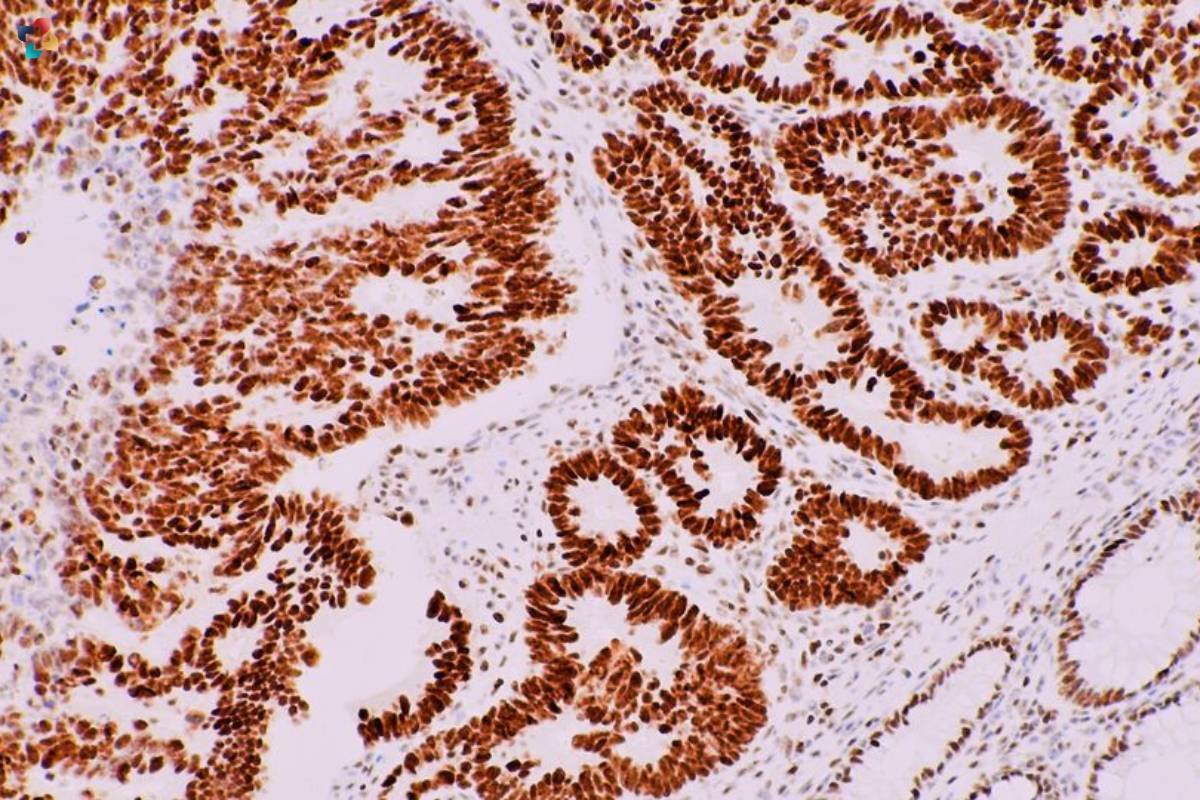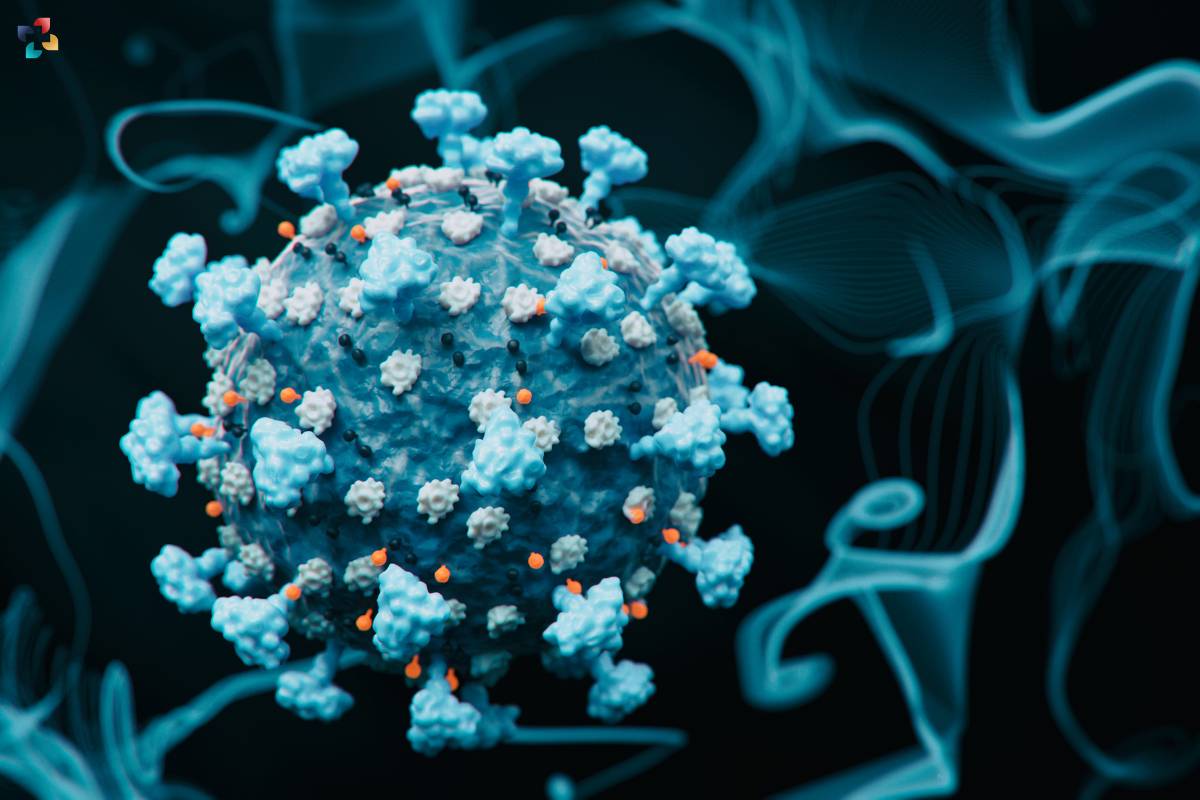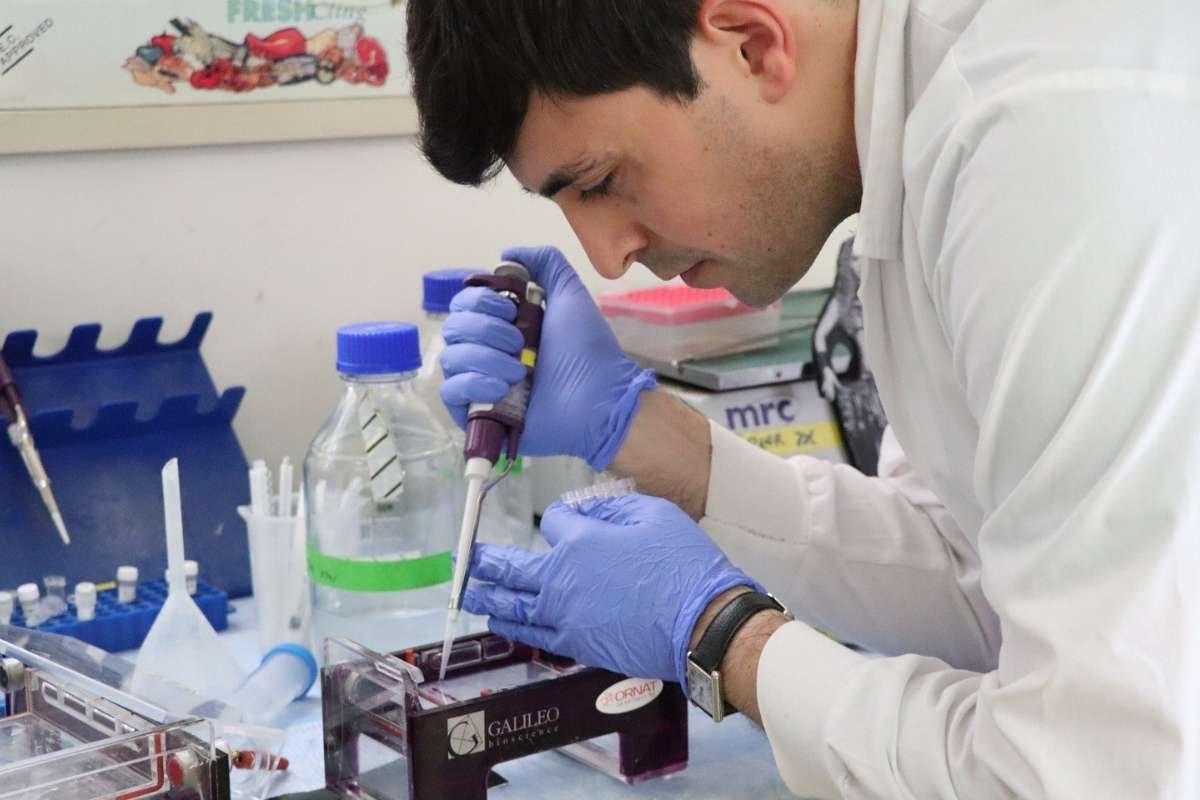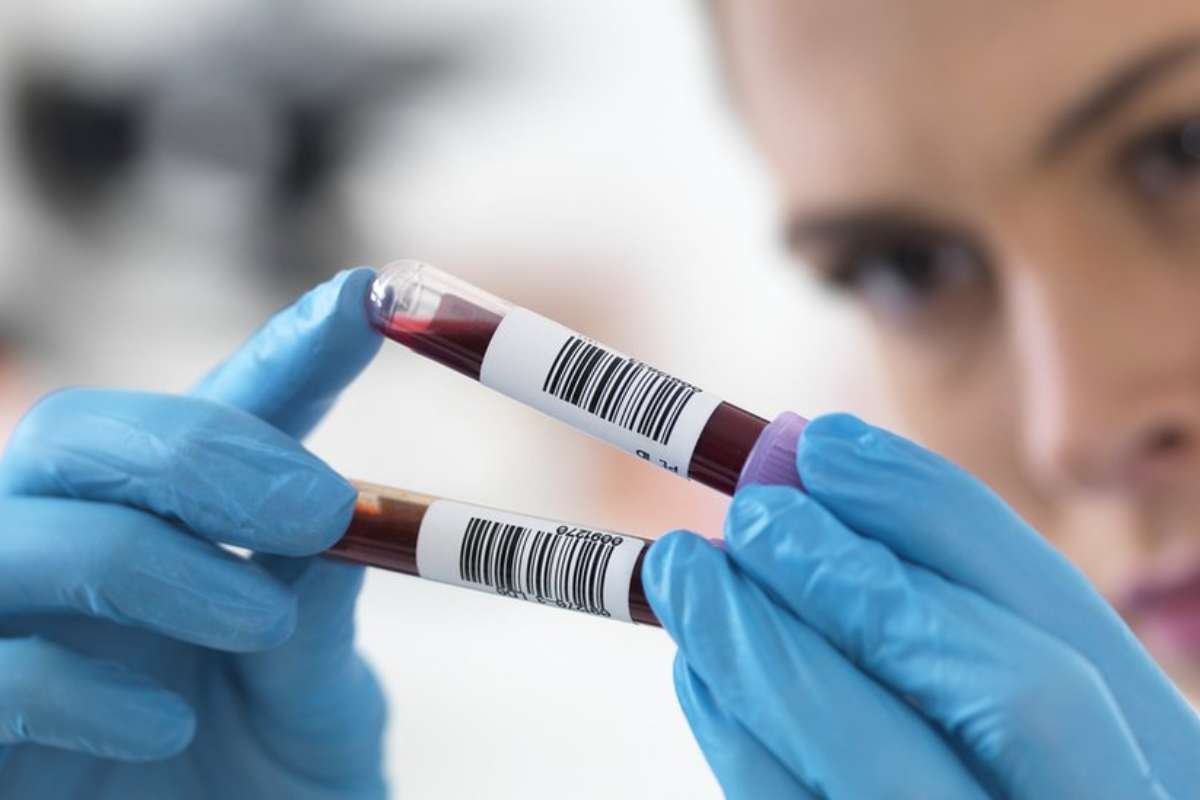Source – Biocompare
A wide variety of antibodies may be found in the complex field of immunology, and each one is essential to the body’s defense against external intruders. Polyclonal antibodies are notable for being important participants in the immunological response among them. We explore the world of polyclonal antibodies in this investigation, learning about their subtleties, how they differ from monoclonal antibodies, and the role they play in the body’s defenses.
Monoclonal vs. Polyclonal Antibodies: Unveiling the Distinctions
Before delving into the specifics of polyclonal antibodies, it’s essential to grasp the fundamental differences between monoclonal and polyclonal antibodies.
1. Monoclonal Antibodies
Monoclonal antibodies, as the name suggests, originate from a single parent cell. These cells are genetically identical and produce antibodies that target a specific antigen. The process involves cloning a single B-cell to generate a homogeneous population of antibodies. Monoclonal antibodies are characterized by their precision in targeting a singular epitope, making them valuable in therapeutic applications, diagnostics, and research.
2. Polyclonal Antibodies
In contrast, they are derived from multiple parent cells, each producing antibodies targeting different epitopes of the same antigen. This diversity enables polyclonal antibodies to recognize various regions of the target, offering a broader and more versatile immune response. Polyclonal antibodies are typically generated by exposing an organism to an antigen, triggering the production of antibodies from different B-cells.
Monoclonal vs. Polyclonal Globulin: Decoding the Terms
The terms “monoclonal” and “polyclonal” are not exclusive to antibodies but extend to other immune components, such as globulins. Globulins are a class of proteins in the blood plasma, including antibodies. Understanding the distinctions between monoclonal and polyclonal globulins adds another layer to the complexity of immune responses.
1. Monoclonal Globulin
Monoclonal globulin refers to a specific type of protein produced by a clone of identical cells. In the context of immunology, monoclonal globulins are antibodies generated from a single B-cell clone. This specificity is a hallmark of monoclonal antibodies and globulins, contributing to their targeted and precise immune responses.
2. Polyclonal Globulin

Conversely, polyclonal globulin encompasses a mixture of proteins derived from various B-cell clones, each producing antibodies against different epitopes of an antigen. Polyclonal globulins represent the diverse immune response triggered by exposure to an antigen, providing a broader spectrum of protection.
IgG as a Polyclonal Antibody: Navigating Immunoglobulin Classes
Immunoglobulins, commonly known as antibodies, are classified into several classes, with IgG being one of the most prevalent. Understanding whether IgG is a monoclonal or polyclonal antibody involves unraveling the complexity of immunoglobulin structure.
1. IgG as Polyclonal Antibody
IgG, or immunoglobulin G, is inherently a polyclonal antibody class. While monoclonal antibodies within the IgG class can be engineered and produced for specific therapeutic or diagnostic purposes, the natural occurrence of IgG in the immune system involves a diverse set of antibodies targeting various epitopes on a given antigen.
Polyclonality Defined: Grasping the Meaning
The term “polyclonality” holds significance in the context of immune responses, emphasizing the diverse origins and specificities of antibodies. In essence, polyclonality refers to the presence of a variety of B-cells, each producing antibodies that recognize different epitopes of a particular antigen.
1. Significance in Immune Responses
Polyclonality is integral to the adaptability and resilience of the immune system. The simultaneous production of antibodies with distinct specificities ensures a comprehensive defense against a wide range of pathogens. This diversity enhances the likelihood of effectively neutralizing or eliminating diverse threats encountered by the immune system.
2. Polyclonality in Research and Therapeutics

The concept of polyclonality is not limited to natural immune responses but extends to laboratory settings. Researchers and clinicians often harness the power of polyclonal antibodies for various applications. It, generated by exposing an organism to an antigen, finds utility in diagnostics, therapeutics, and scientific research.
Navigating the Challenges and Advantages of Polyclonal Antibodies
While polyclonal antibodies offer a broader immune response, they come with their set of challenges and advantages.
Advantages:
1. Versatility
Polyclonal antibodies recognize multiple epitopes, making them versatile in targeting diverse antigens.
2. Cost-Effectiveness
Generating polyclonal antibodies is often more cost-effective than developing monoclonal antibodies, particularly when a diverse antibody repertoire is required.

Boost Your Immune System: 6 Ways to Stay Healthy
People who are generally highly healthy are nonetheless susceptible to illness on occasion. But you can help support and boost your immune system defenses against bacteria, viruses, and other pathogens
Challenges:
1. Batch-to-Batch Variability
Due to the varied sources of antibodies, different batches of polyclonal antibodies may exhibit variability in terms of specificity and affinity.
2. Limited Control
Unlike monoclonal antibodies, where specificity can be precisely engineered, polyclonal antibodies lack the same level of control over individual antibody specificities.
The Role of Polyclonal Antibodies in Research and Medicine
It plays a pivotal role in various fields, contributing to advancements in research, diagnostics, and therapeutics.
Research Applications:
1. Protein Detection
Polyclonal antibodies are commonly used to detect specific proteins in biological samples, aiding in research studies and diagnostics.
2. Immunohistochemistry

In studying tissue samples, polyclonal antibodies can offer a broader view of antigen localization, contributing to a more comprehensive understanding of biological processes.
Therapeutic Applications:
1. Antivenoms
Polyclonal antibodies are essential components of antivenom treatments, neutralizing the effects of venom from various snake species.
2. Immune Modulation
In certain therapeutic contexts, polyclonal antibodies may be utilized to modulate immune responses or target multiple disease-related antigens simultaneously.
Conclusion: Unraveling the Complexity of Polyclonal Antibodies
Polyclonal antibodies are active and versatile defenders in the complex tapestry of immune responses. The fact that they can identify several epitopes present on an antigen emphasizes how important they are for establishing a strong immune defense. Its adaptability is still being used to advance science and medicine, helping us comprehend and cure a wider range of disorders, whether in research labs, diagnostics, or therapeutic applications.









